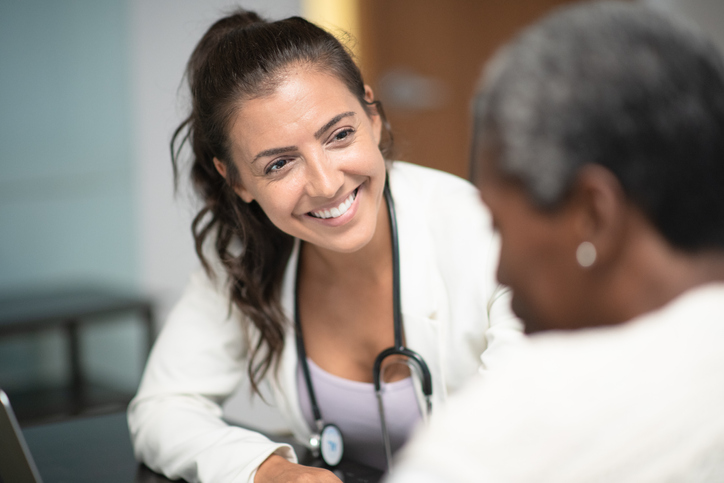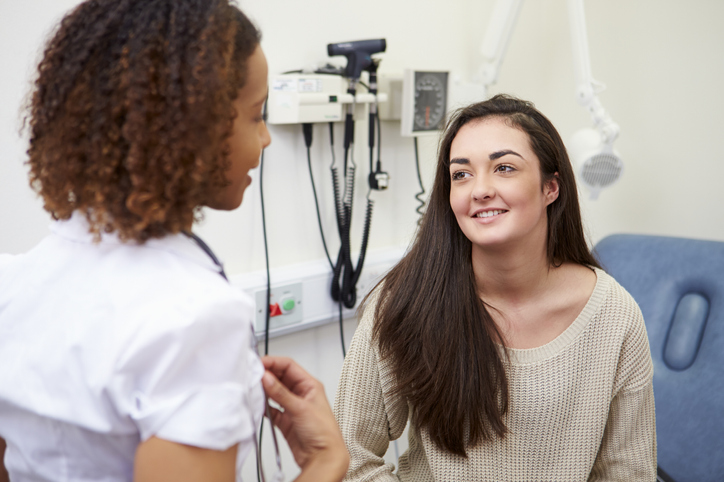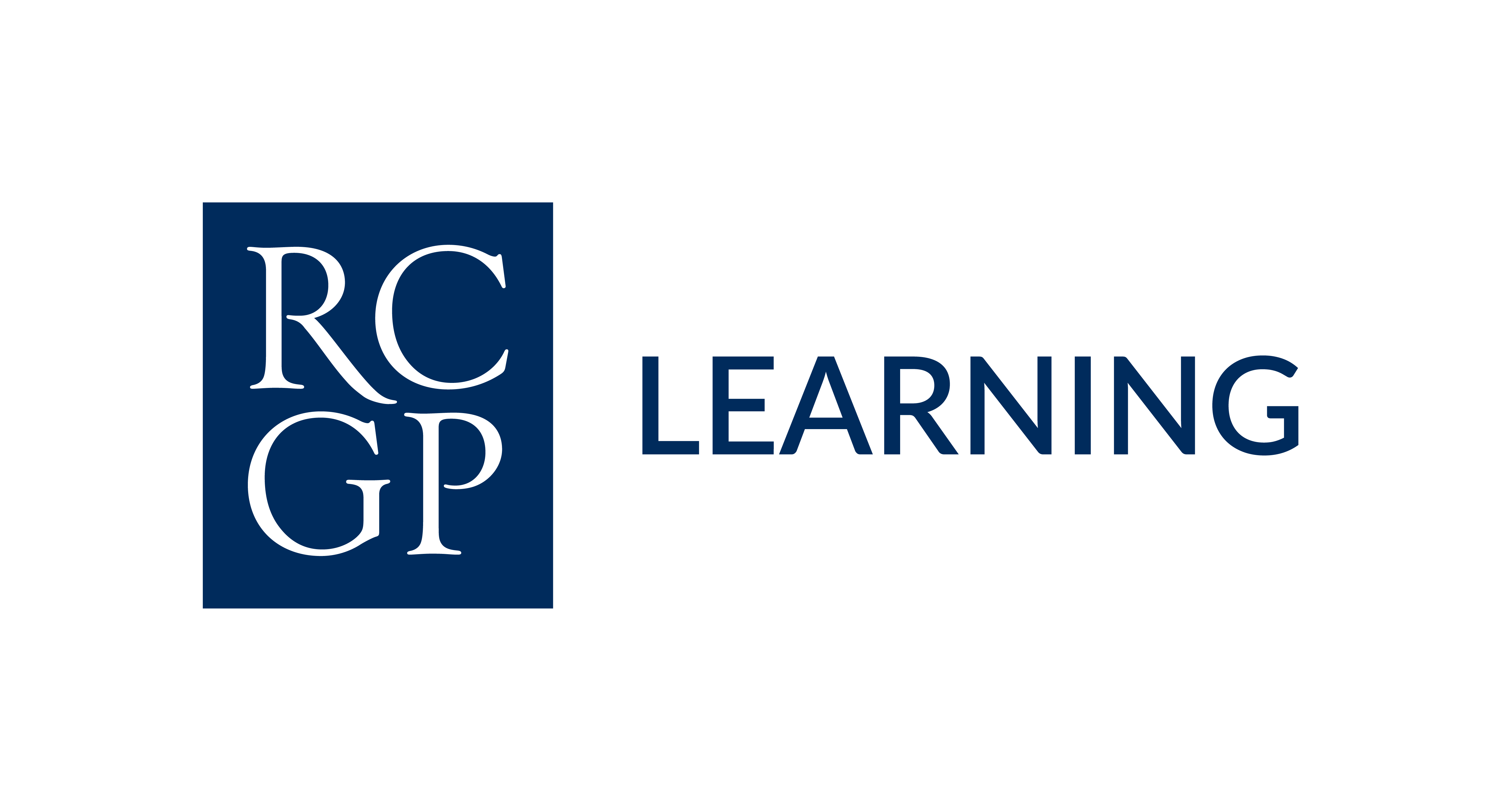
This Update consists of four modules covering new and changing knowledge on:


This Update consists of four modules covering new and changing knowledge on:

|
|
Glucagon-like peptide-1 receptor agonists (GLP-1RAs) are a class of drugs initially developed to treat type 2 diabetes and are now becoming more widely used for obesity. They work by mimicking the actions of the GLP-1 hormone, which is released by the gut after eating. GPs will be used to prescribing them for type 2 diabetes, but less so for obesity. In this podcast, Dr Thomas Round discusses the evolving role of GLP1-RA in obesity, the benefits and potential side effects, the role of the GP, and the latest NICE guidance in this area with Dr Stephanie DiGiorgio, an urgent care GP with a specialist interest in obesity. This podcast falls within the Metabolic Problems and Endocrinology curriculum field. Production, editorial, and distribution owned by the Royal College of General Practitioners.
|

|
|
This course provides a variety of resources (grouped by topic and format e.g. eLearning, guidelines, courses and books) on the subject of gynaecology and breast. Topics include:
|

Available until 12 May 2026.
Following the recent news that the GLP-1 agonist tirzepatide has been approved by NICE for use outside of hospital settings, this evening webinar aims to enhance understanding of these medications and looks at the way in which they may affect your day-to-day practice. Including prescribing process and logistical elements which you may face as a GP.
Not only will we look at prescribing but also factor into us all seeing more and more patients walk through our doors using weight loss injections privately. These talks will help you better understand all the considerations for providing weight loss injections and provide useful take home tips and updates around what to discuss with patients, including lifestyle advice.
Learning Objectives:


Welcome to our One Day Essentials on pain management. Pain management is evolving. New research, innovative therapies, and a deeper understanding of lived experiences are reshaping how we approach complex and Persistent Pain.
Join us for this dynamic, one-day event where leading experts and patients with lived experience will bridge the gap between cutting-edge science and real-world practice. Whether you’re navigating challenging consultations, rethinking medication strategies, or exploring holistic and de-medicalised approaches, this session will equip you with actionable insights. Learn how to integrate peer support, leverage the latest neuroscience, and communicate effectively. Together, we’ll explore how to deliver compassionate, evidence-based care that makes a tangible difference. Don’t miss this opportunity to refine your skills and connect with a community committed to better pain management.
Topics include:
Conference chair:
Dr Asim Suleman MRCGP, Pain Specialist
There are 12 million young people aged 10-25 in the UK, forming 18% of the population. Adolescence is one of the most rapid and formative phases of human development. The distinctive physical, cognitive, social, emotional and sexual development that occurs in adolescence demands special attention from health practitioners as their health and wellbeing affects not only themselves but also their family, friends, and communities. Young people also report increasing difficulties accessing health care thus widening inequalities in relation to both mental and physical health.
This conference will present the latest evidence and recommendations on pertinent clinical topics providing you with key actions you can take with you to use with young people and their families in practice.
Topics include:
Conference Chair:
